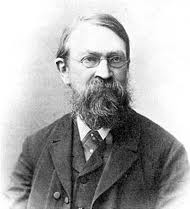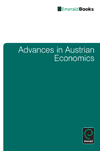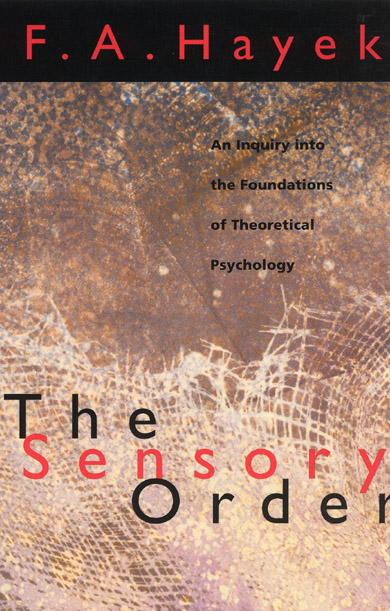Science, the Market and Iterative Knowledge
The second paper co-authored with Dave Hardwick has now been published in Studies in Emergent Order: Abstract: In a recent paper (Hardwick & Marsh, in press) we examine the recent tensions between the two broadly successful spontaneous orders, namely the Market and Science. We argued for an epistemic pluralism, the view that freedom and liberty…









